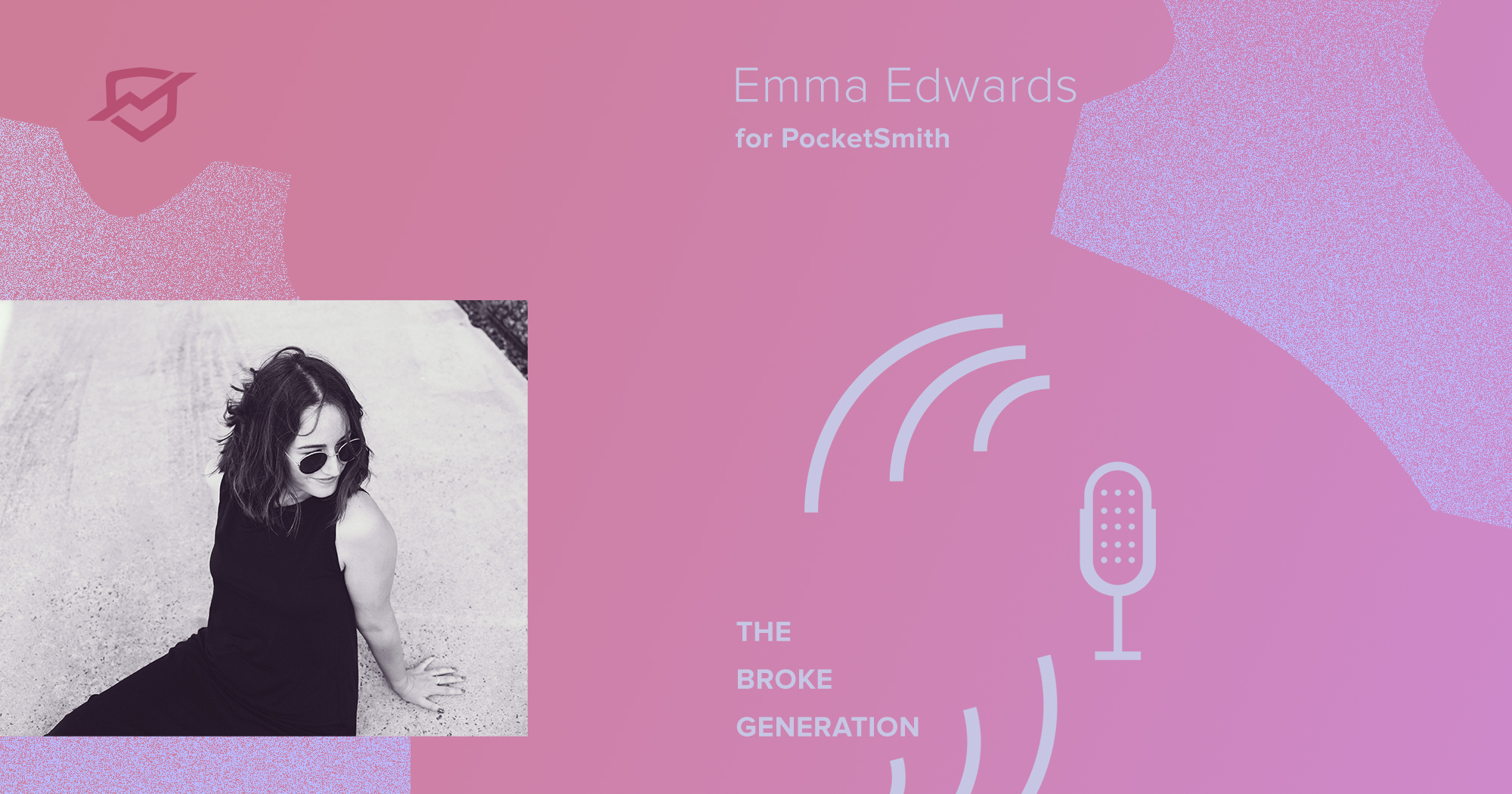
If you’re a lover of podcasts, there’s a good chance you’ll have wondered ‘Should I start my own podcast!?’ It’s estimated that there are over 3 million podcasts out in the world in 2023, so you’re not the only person to experience that feeling of having something to say. Starting a podcast can be very rewarding and can even open doors to new opportunities, but is it right for you? If you’re considering starting a podcast as a side hustle, here are some important things to consider before you hit record.
The short answer is yes. Podcasts can make money in a few ways. Firstly, you can sell advertising spots to sponsors who want to get in front of your listeners. Secondly, you can crowdfund your podcast by charging an optional small fee for listeners who enjoy your show. You can then choose to provide bonus content for this fee if you want to add extra value to your paying listeners.
Podcasts can also make money indirectly by acting as a funnel to other paid products you offer. Some smaller podcasts don’t make money directly but serve as a marketing tool for a business’ products or services. New customers find the show, enjoy the content, and then later purchase a paid product from the show’s creators.
Okay, but what’s the long answer?
While there’s money to be made with a successful podcast, most require an established listenership, which can take time and resources to build — and unfortunately, there are no guarantees. Even if you do monetize a podcast, it will likely have cost you a lot of time and resources to get to that point.
Making money from a podcast needs to be a balance of input and output. You’ll need to be able to cover your time and expenses that relate to the podcast before you’re technically making a profit.
Setup costs for your podcast can vary depending on the quality of equipment you choose to invest in, and how you plan to produce the show. On the one hand, you can start your podcast for almost nothing by recording on your phone with a low-cost microphone. But your audio quality will be lower than someone using more advanced equipment. And great audio is part of what keeps listeners coming back for more.
You also need to consider where you’ll host your podcast. There is often a monthly fee for your podcast host — that’s the server that pushes your show out to major players like Apple Podcasts and Spotify.
Then, editing. You can edit your show yourself in programs like Garageband or Audacity, or using online services like Anchor. But it can take time to develop the skills and efficiencies required to keep up with creating your show regularly.
At the very least, your show will cost you time to produce. If you have plenty of free time and tons to say week after week, this might not be an issue. But consider whether you have the resources available to either self-produce your show week after week, or pay someone else to help you.
When it comes to podcasting as a side hustle, there may be money to be made, but it’s by no means instant, consistent, or without risk. Growing and maintaining a podcast listenership can be difficult, and that can mean putting in a lot of effort without an obvious reward for quite some time.
Ask yourself what you want your podcast to achieve outside of just money-making. Could it help you in your career? Do you have a product or service to sell? Is it something you’re really passionate about? Is there an impact you want to have on the world? Do you have connections that can help you grow and commercialize your show?
Ultimately, there are so many benefits to having a podcast, but it’s not a way to make a quick buck!
Emma Edwards is a finance copywriter and blogger, on a mission to humanize the financial services industry by creating meaningful content that’s accessible and empowering. You’ll find her penning money tips at her blog, The Broke Generation, sharing financial insights on Instagram, or injecting life into content for her business clients.